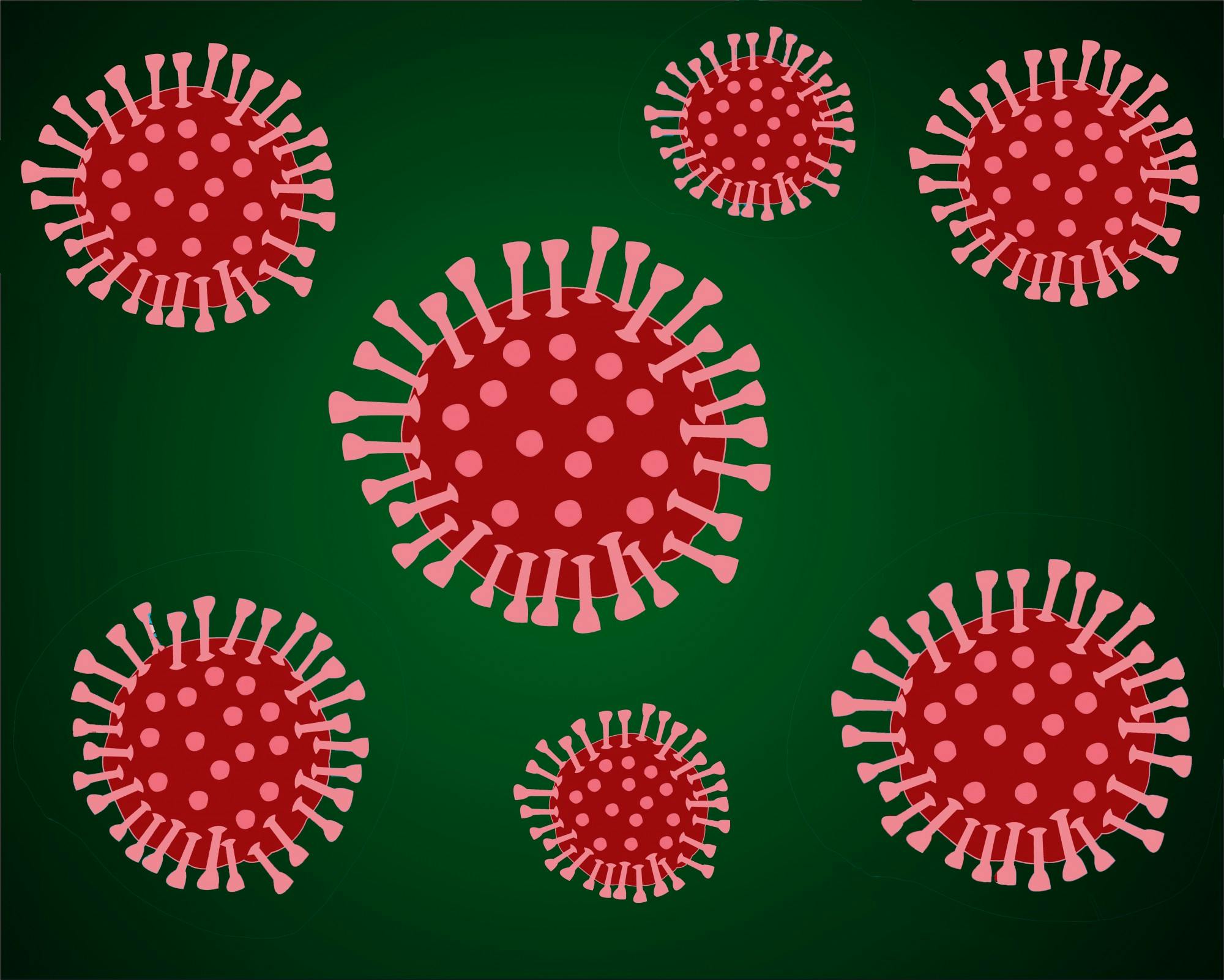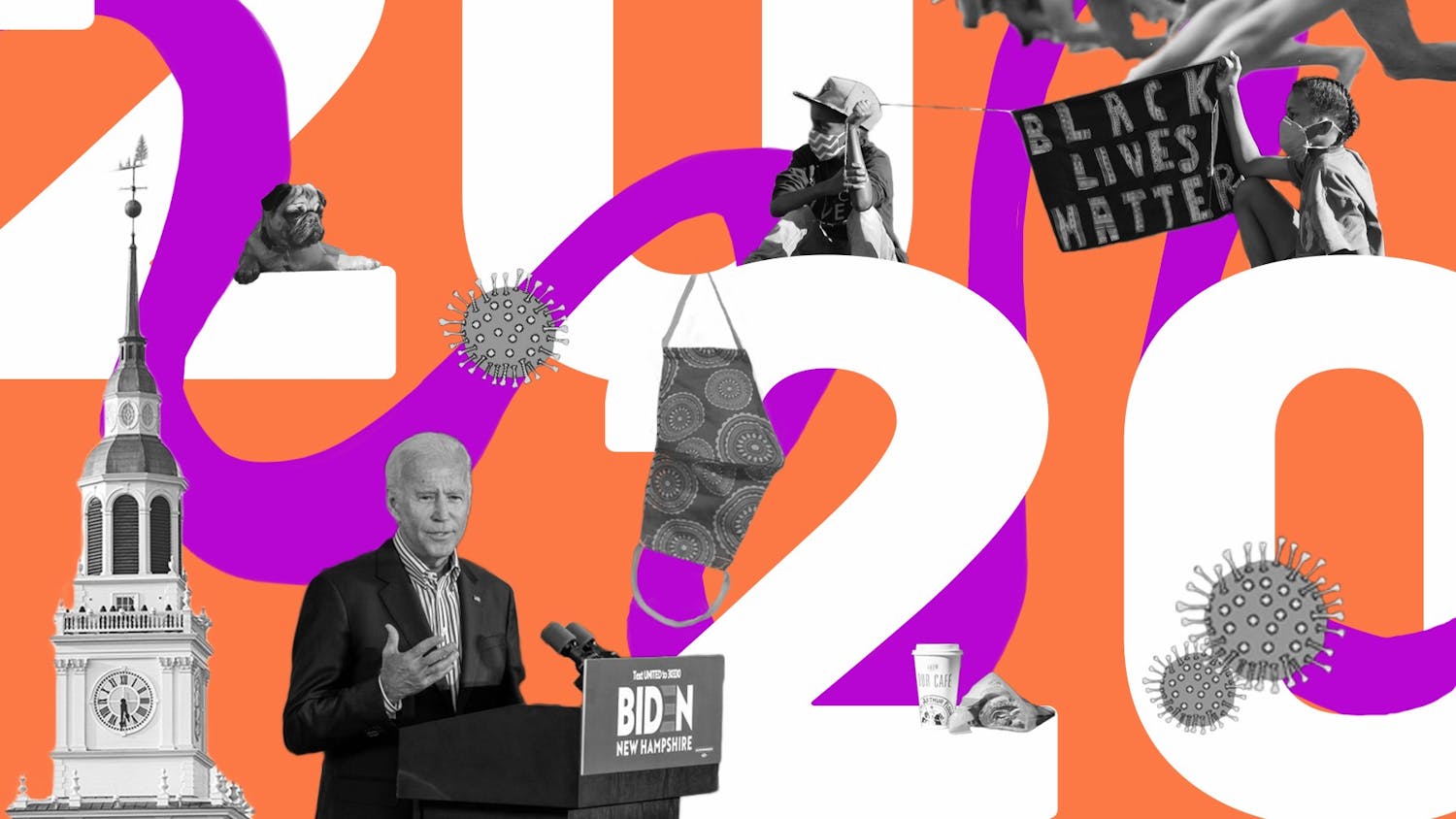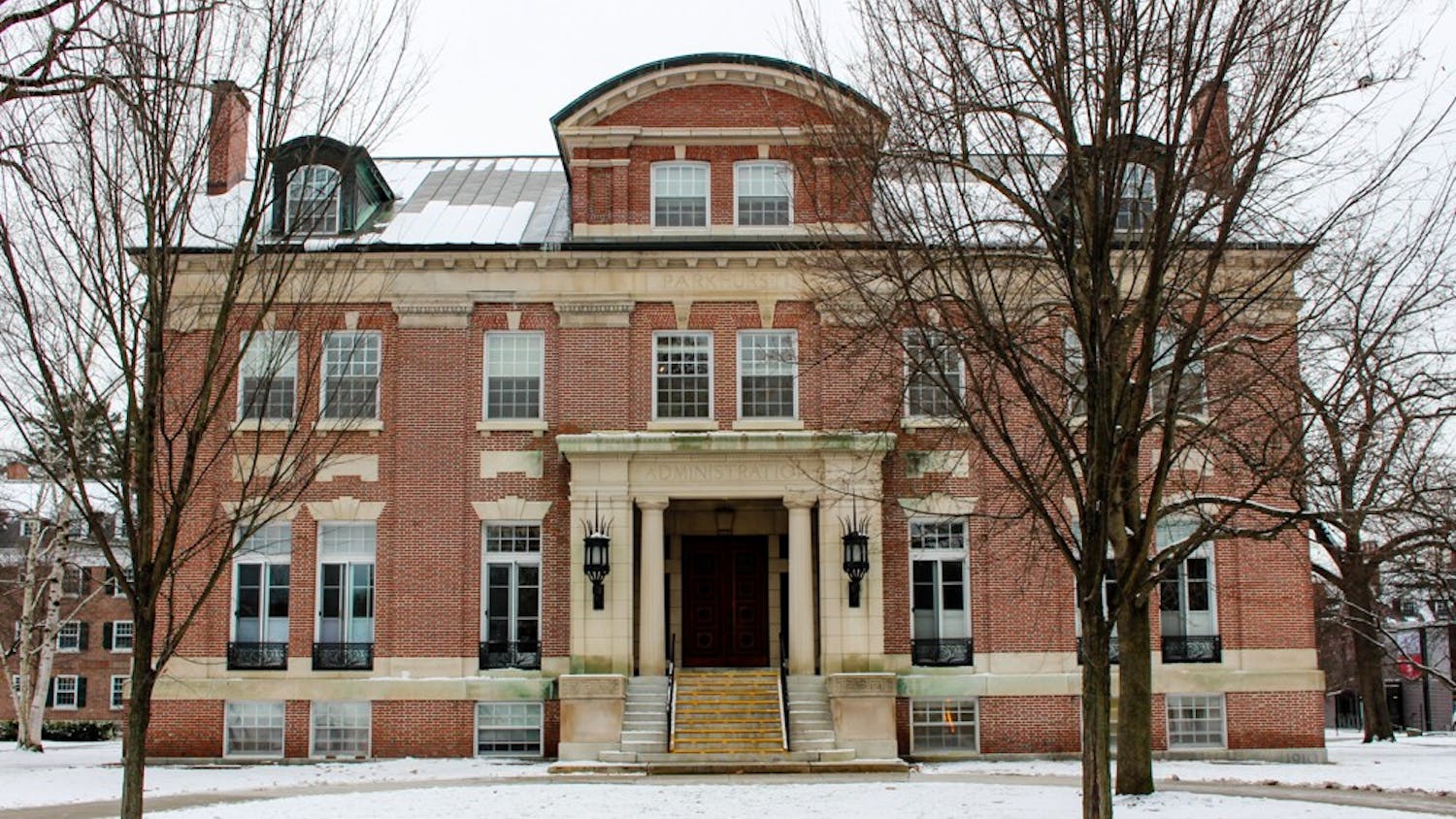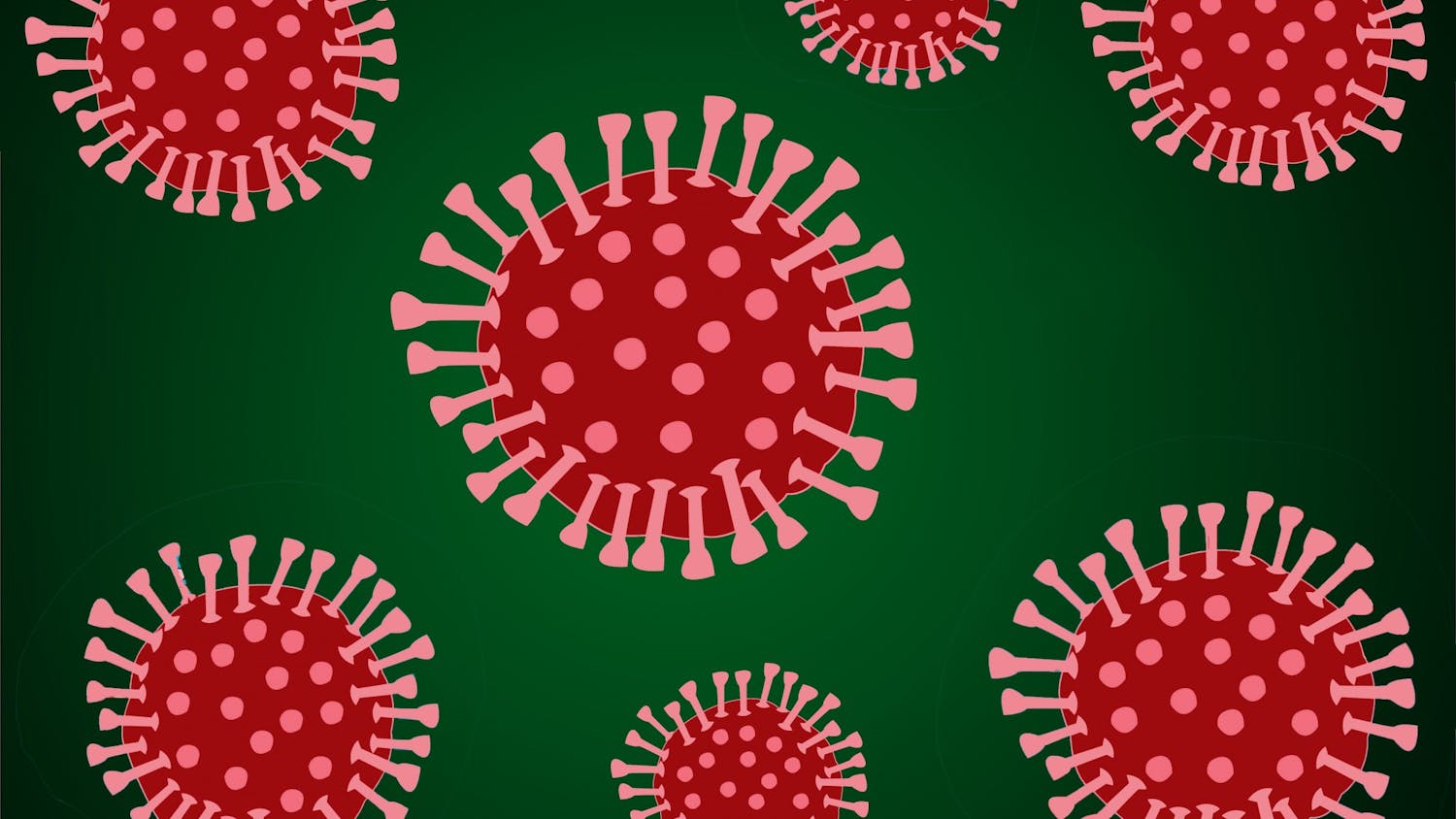While COVID-19 vaccination has begun in the Upper Valley, most college students in New Hampshire may not be vaccinated until May and beyond due to supply shortages and distribution challenges, according to the state’s vaccine plan.
Although a COVID-19 vaccination plan released by the state in late October identifies college students as one of the state’s “critical populations” — a label reserved for groups “disproportionately impacted by COVID-19” and “at increased risk for infection, severe illness and death” — college students and staff are not designated as a priority group for receiving the COVID-19 vaccine, according to the state’s most recently published plan summary. Instead, most students will receive vaccines during the final vaccination stage, “3b,” depending on how the federal government allocates doses to New Hampshire and vaccine uptake.
Under the state’s plan, the initial vaccination effort will prioritize those over the age of 50 and people with medical conditions that put them at higher risk, among other groups.
The plan also prioritizes “first responders,” including police officers and firefighters. However, Safety and Security director Keysi Montás confirmed that officers in the department do not fall under the same “1a” vaccine category. This policy differs from other states, like Massachusetts, where campus security officers are eligible to receive a vaccination in phase one.
Upper Valley regional health coordinator and Lebanon fire chief Chris Christopoulos said that the Lebanon Fire and Police departments have already been vaccinated, with 98% of firefighters and 70% to 75% of police officers electing to receive the inoculation. Christopoulos added that the Hanover Police and Fire departments have also been among those vaccinated.
Health care staff at Dartmouth Health Services have also already received the vaccine, according to Hanover health officer Michael Hinsley, who said that the town worked collaboratively with Dartmouth on the matter.
While college students are not prioritized in New Hampshire’s vaccination plan, K-12 school and childcare staff will fall under the state’s “2a” phase, which directly follows the vaccination of those over 65, first responders and correctional facility staff.
Hinsley noted that K-12 staff and child care facilities are prioritized over college students and professors because these centers support health care workers, as doctors and nurses have children that need to be taken care of.
Beyond what he described as a “political decision” around who will get the vaccine and when, Hinsley highlighted the complicated logistics of distributing the vaccine and circulating information on it as major challenges.
To assist in the distribution of the vaccine in the Hanover area, Hinsley said that the National Guard, private contractors and assisted living facilities are all administering vaccine doses to prioritized groups.
According to both Christopoulos and Hinsley, seasonal vaccine clinics for flu, smallpox, MERS and H1N1 have helped to prepare “points of distribution” in a wider vaccine distribution network. Hinsley noted that “wide-ranging stakeholders” across the state, nation and world make vaccine distribution a “herculean task.”
However, while emergency management plans for mass vaccination distribution have been in place “for decades,” the town has “never operated them on a scale like this,” according to Hinsley.
Hinsley added that “a comprehensive, national plan” for COVID-19 vaccinations would make vaccine distribution a lot easier. According to Hinsley, every municipality in the state works with the federal government to plan for emergencies, like the need for vaccine distribution — but these plans “never materialized,” with the government failing to follow through on promises for funding, PPE, testing supplies, manpower, money and housing for sick residents.
“There's just absolutely no national response plan whatsoever,” Hinsley said.
Hinsley noted that Dartmouth's involvement in helping plan the town’s response to COVID-19 and vaccine distribution has helped “fill the gap left by the national government.”
According to Hinsley, Dartmouth was the one to initially approach town officials about assisting Hanover in its vaccine planning, and the College and Hanover have been in constant conversations since. In collaborating with the College, he noted that the town has been able to “have conversations and ask questions and get brilliant answers” to ensure the safety of the Hanover community.
In addition to assisting with planning, Hinsley added that the College “is involved with planning, but they bring to the table a tremendous amount of knowledge, resources, facilities and the personnel that they have.”
Hinsley was especially grateful for Provost Joseph Helble’s involvement in the planning process, noting that his background in systems engineering has been helpful in coordinating the town’s pandemic response.
Christopoulos noted that one of the challenges associated with planning on the state level is that many people in the Upper Valley have a primary care provider in Vermont. However, as New Hampshire residents, they will need to register for a vaccine within their state of residence at a designated distribution point.
Additionally, although major hospitals like Dartmouth-Hitchcock Medical Center have the facilities to refrigerate and administer the vaccine, this can create challenges for those who do not live near a hospital. Hinsley noted that many people in the state have to drive over 50 miles to get to a hospital.
Christopoulos said that his goal throughout this process is to “not waste any vaccine,” adding that they have not done so yet.
Several members of Dartmouth’s COVID-19 task force declined to comment on Dartmouth’s vaccine plans. Lisa Adams, co-chair of the task force, wrote in an email that “it is premature to say anything at this point,” as the College is “still in discussions about what exactly our vaccine policy will entail, and planning is still predicated on state distribution protocols and plans.”
Audra Burns, DHMC’s media relations manager, also declined to comment, writing in an email that the hospital was “currently in phase 1a” of vaccinations and “[does] not have any public plans we can share at this time.”
Representatives from the New Hampshire Department of Health and Human Services did not respond to requests for comment by press time.




